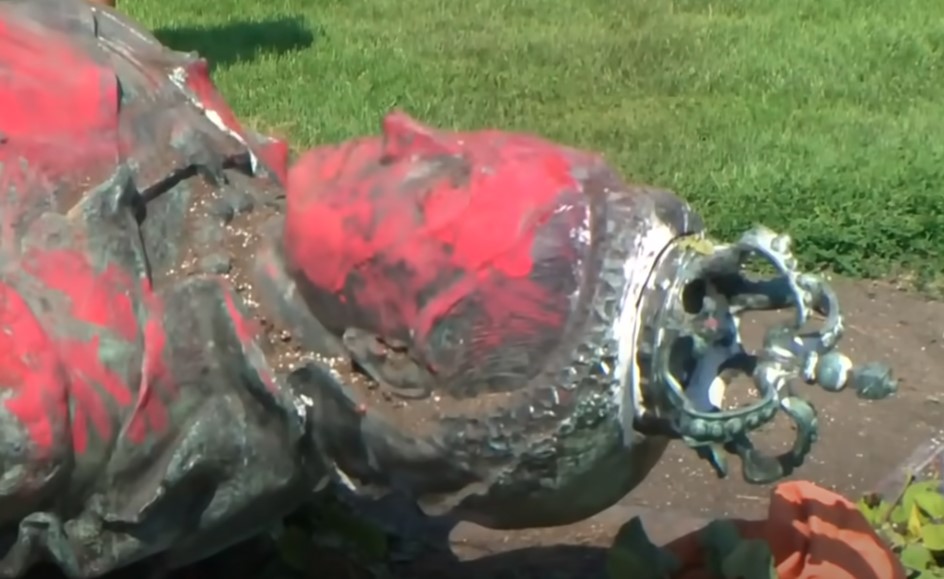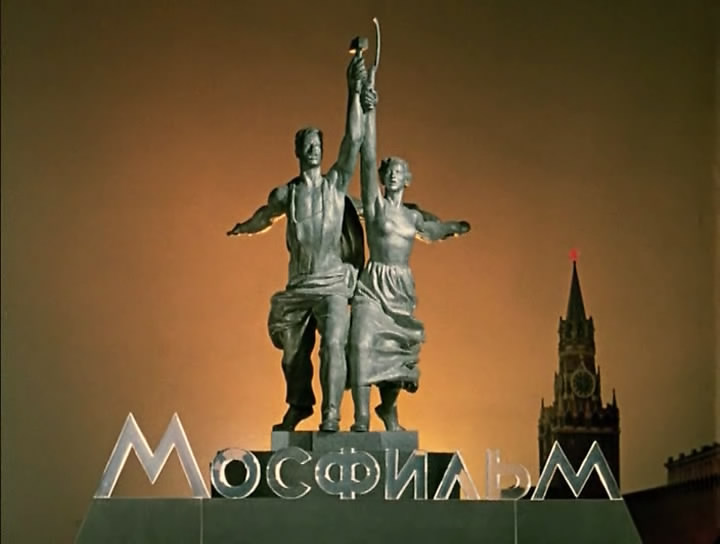It is a month or so now that Canadians have been fed a sensational story about hundreds of unmarked graves found in British Columbia and Saskatchewan, graves allegedly filled with corpses of the hundreds of the children of the indigenous peoples, graves which are – as dramatically highlighted – located in the precincts of Catholic residential (boarding) schools. All the national news outlets and these from abroad seem to be obsessed with but one story: atrocities of the white man in Canada, trauma of the Indians, who today go by the name of First Nations, writ large, and the empathy offered by all decent people. The United States has its Black Lives Matter, heralding the interests of Africans, now Canada can boast its counterpart: the Idle No More movement, championing for the interests of the descendants of the primordial inhabitants of the country.

Down with Queen Victoria!
The appalling discovery was made just ahead of the national holiday – Canada Day – and prompted calls aimed at abolishing the festivity or at least changing its character to wit that Canada – at least as we know it today – needs to be cancelled. That’s at least the belief of the Idle No More movement activists. Their leaders exploit all the techniques of disrupting society that have been successfully used in Ukraine, Libya, Yugoslavia or Georgia, to name just a few countries. They
-
propagate rallying calls, like No Pride In Genocide;
-
apply poignant symbolism like placing large numbers of children’s shoes (memorials of shoes) or putting up small solar lights at the places marked as graves;
-
call on their supporters to wear orange (in keeping with all those colour revolutions) to lend them high visibility;
-
go on a rampage of pulling down monuments of white historical figures (the devastation of the Queen Victoria monument, pictured);
-
create nationwide support by e.g. opening a crisis line where citizens are invited to express their support;
-
stage sit-ins, service disruptions, marches, rallies, round dances, banner drops – all in the spirit of Rules for Radicals written by the old chap known as Saul Alinsky, Hillary Clinton’s mentor and guru;
-
call for the empowerment of the minorities that are – of course – exploited, discriminated against, and what not;
-
protest against police violence and demand that the police be defunded, and
-
honour the many lives lost to the Canadian state that is (i) indigenous lives, (ii) black lives, (iii) migrant lives, (iv) women lives, (v) trans lives and (vi) 2Spirit lives (look the last term up in the internet if you have any stomach for it).

No Pride in Genocide (Source: idlenomore.ca)























